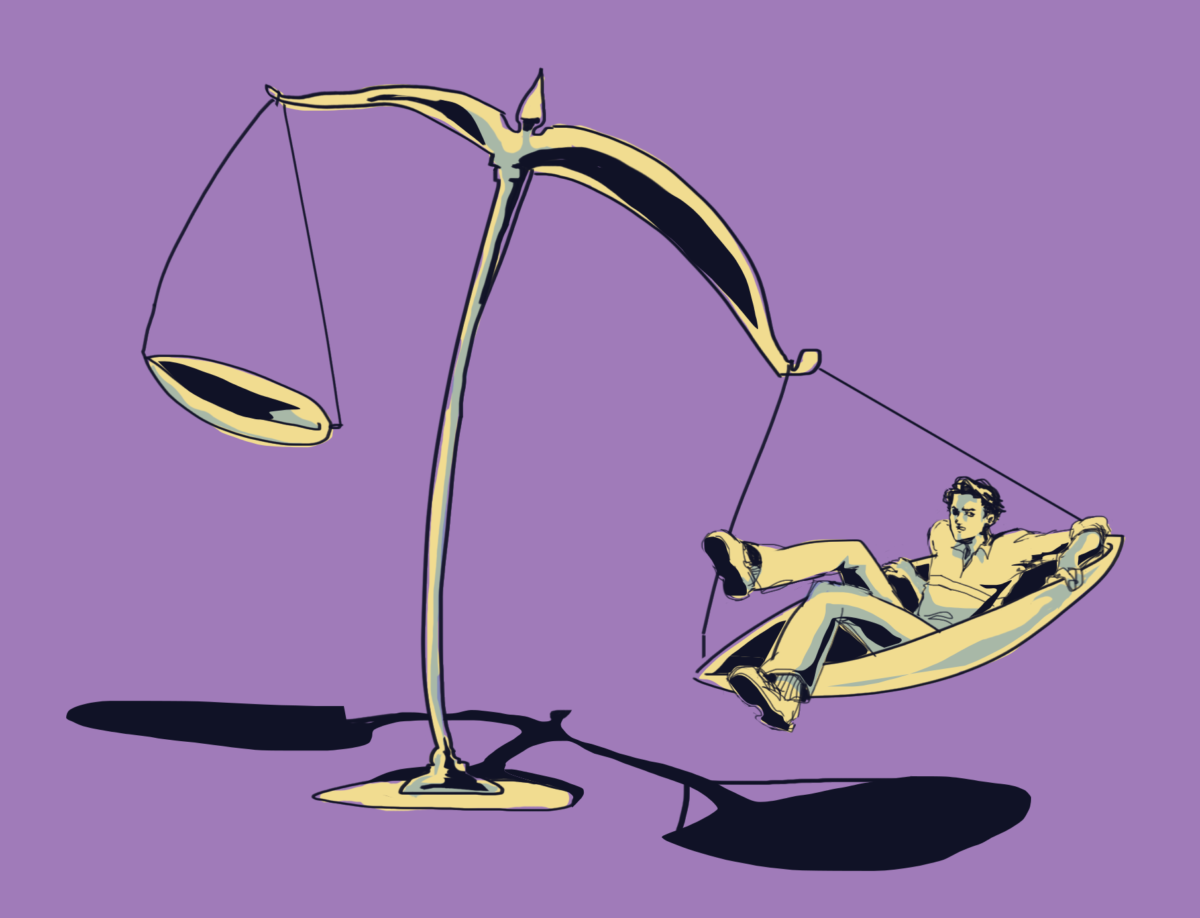“A sound investment.”
These three words are some of the first you read when you navigate the Case Western Reserve University Tuition and Aid page. The bold claim serves as a title for a very brief paragraph elaborating on its validity. With a notable lack of originality, CWRU’s website advertises the school’s education as an “investment in you—and your future.” Then, after a painfully vague statistic concerning the school’s ability to meet each student’s financial needs, they assert that the success of CWRU alumni is enough indication that an education at the school “pays off.” I don’t think it is.
Determining whether or not a CWRU education is worth its price requires consideration of more than just alumni success. One could argue it’s actually more important to consider the perspective of a current student, and I’m more than willing to volunteer mine. Quite frankly, CWRU charges an exorbitant amount for what many might consider a mediocre college experience. In addition to paying thousands for disappointing dining and housing options, students are also expected to pay out of pocket for unnecessarily expensive—and sometimes just plain unnecessary—course materials. Furthermore, CWRU’s tuition and fees are subject to unusually large increases that put additional strain on the school’s students and their families.
Room and board costs can be particularly difficult to justify given the poor quality of the school’s housing and dining options. The school’s dilapidated dormitories are not only in constant need of maintenance, but also lack essential amenities. The general lack of air conditioning, for example, made the recent heat wave particularly difficult for many CWRU students, most of whom are underclassmen required to live on campus. It’s not fair for CWRU to mandate living in buildings that become nearly uninhabitable in extreme heat—yet they do, and students are expected to cough up a couple thousand dollars in exchange. Similarly, all first- and second-year students living on campus are required to have a meal plan, yet the primary dining locations are substandard at best. The food quality at both Leutner and Fribley Commons is, let’s face it, inadequate given what students pay for it. There are other options for students outside the two dining halls, but they aren’t as conveniently located nor can students use an unlimited number of meal swipes at these locations. CWRU’s lack of accessible, quality food, as well as the poor state of most housing facilities, can be detrimental to the success and well-being of students. It’s unacceptable considering how much students are paying.
While some professors allow students to reference online textbooks, others ask students to purchase physical copies. They justify this request by citing studies allegedly proving that you retain more of what you read on paper than on a screen. Often, the individual books are not that expensive, but for students who need to buy several, the prices can start to add up. And while this tends to be true more often for majors such as English, students in different areas of study can still be asked to buy expensive and somewhat useless material for their courses. Students taking BIOL 215L, for example, were instructed to purchase access to Labster, a virtual lab simulator, for $99 so that they can complete the exact same labs they performed in class. That is nearly $100 students are spending to click a few buttons. Asking students to pay for these unnecessary materials is incredibly inconsiderate of the financial hardship many endure in order to afford a college education. The focus of the CWRU administration and staff should be on relieving financial difficulties, not contributing to them further by requiring materials that are costing students more than they’re helping them.
Not only is CWRU’s tuition expensive, but it’s also prone to drastic increases. While it’s not out of the ordinary for college tuition to increase on a yearly basis, it isn’t customary for the increases to be as substantial as those mandated by CWRU. Last year alone, CWRU students saw a 5% tuition increase from the previous year. In the past decade, CWRU’s undergraduate tuition and fees have increased by nearly 50%—a rate that exceeds the national average by roughly 20% and indicates that the increases may not be entirely on account of inflation. That then raises the question: Are the substantial increases in CWRU’s tuition and fees really warranted?
As you might have guessed, I’m extremely skeptical as to whether or not CWRU truly is a “sound investment.” There are a lot of unnecessary costs associated with attendance at the school—costs that I find difficult to justify, but that others may not. Some may value the research and volunteer opportunities available to them as CWRU students enough that they are able to rationalize paying the school’s sky-high tuition. Even so, it’s important to acknowledge that improvements are necessary to truly make an education at CWRU feel worth the price. With even just minor adjustments to dining options—or perhaps even an increase in wages for student workers—more of CWRU’s students might believe their education is worth the money that they’re paying for it.




